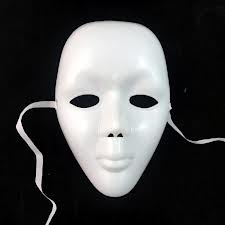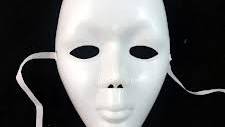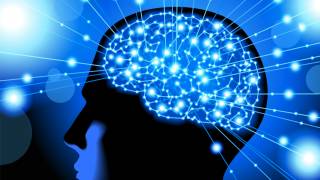Scientists Say There Are Only Four Emotions (Is ’Skeptical’ One?)
 Scientists from the Institute of Neuroscience and Psychology at the University of Glasgow have just released a study which purports to show that there are only four basic emotions: Happy, sad, afraid/surprised, and angry/disgusted.
Scientists from the Institute of Neuroscience and Psychology at the University of Glasgow have just released a study which purports to show that there are only four basic emotions: Happy, sad, afraid/surprised, and angry/disgusted. This is demonstrated by the results of their study which involved showing people computer-generated images of facial expression. The test subjects were to describe the emotions the images were portraying, which resulted in common outcomes for what was supposed to be a varied range of visible emotions.
As reported by The Atlantic:
Conventional scientific wisdom recognizes six "classic" emotions: happy, surprised, afraid, disgusted, angry, and sad. But the Glasgow scientists studied people’s facial expressions, and the emotions they signal, by showing people computer-generated facial animations. They asked the observers to characterize the faces based on those six basic emotions, and found that anger and disgust looked very similar to the observers in the early stages, as did fear and surprise. For example, both anger and disgust share a wrinkled nose, and both surprise and fear share raised eyebrows.
The thing was, as time went on, the face showed the distinction between the two, but when the emotion first hit, the face signals are very similar, suggesting, the researchers say, that the distinction between anger and disgust and between surprise and fear, is socially, not biologically based.
This leaves us with four "basic" emotions, according to this study: happy, sad, afraid/surprised, and angry/disgusted. These, the researchers say, are our biologically based facial signals—though distinctions exist between surprise and fear and between anger and disgust, the experiment suggests that these differences developed later, more for social reasons than survival ones.
"These results show that dynamic facial expression models transmit an evolving hierarchy of signals over time, characterized by simpler, biologically rooted signals early in the signaling dynamics followed by more complex socially specific signals that finely discriminate the six facial expressions of emotion," the study reads.
This study leaves us with four "biologically based facial signals", a result which many might intuitively reject, as we humans feel we’re very adept at transmitting and receiving subtle and minute facial expression signals that move beyond four simplistic values.
Those feeling skeptical over the results of the study might question whether emotions should be classified based on other people’s perceptions, rather than on how they’re actually experienced internally.
Context with emotions is often key - and that is something those in the lab setting seemed to have been missing.
By Red Ice Creations






















